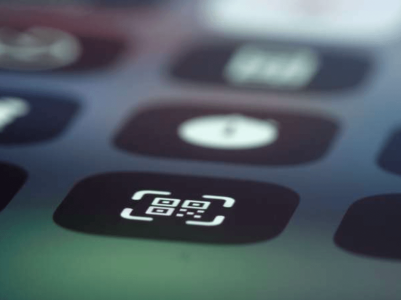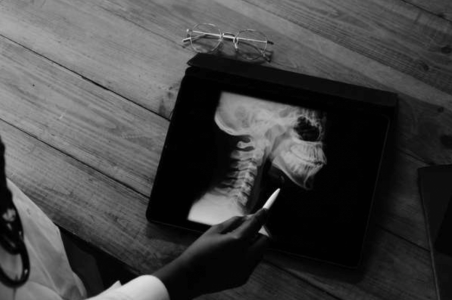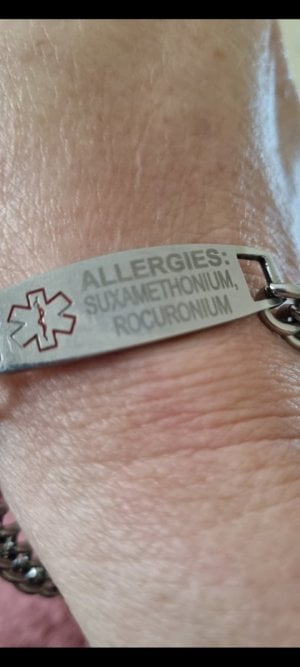Medical ID tags in Australia are getting a QR code update
- Replies 13
Today, we're sharing an extraordinary innovation that is set to save lives and transform medical care in Australia.For the first time in Australia, life-saving QR codes are being engraved on medical ID tags, including bracelets and necklaces.

Medical IDs or tags play a vital role in emergencies by providing critical patient information to healthcare professionals, enabling them to make informed and timely decisions. Image by brett_jordan from unsplash.
This QR code won't lead you to the latest home recipe or the best bargain; it holds crucial patient information. A quick scan of the code will reveal detailed data that could be lifesaving.
Take it from Mustafa Kadir, whose past encounter with a severe allergic reaction to general anaesthetic turned into a frightening experience.
'After I had surgery performed in hospital, I woke up two days later, and little to my understanding, I was in a coma due to an allergic reaction.' Kadir said.
The new QR code service aims to prevent situations such as Kadir’s.
The process is simple. Subscribers to the service will receive their QR code for approximately $100 per year.
A quick scan of these QR codes reveals crucial patient information like allergies, vaccination history, and emergency contact details.
South Australian Health Minister, Chris Picton, mentioned. 'It's going to be great for patients but great for our ambulance service as well in ultimately providing the best possible patient care.’
This development brings a sigh of relief to health professionals as well.
As Keith Driscoll from SA Ambulance stated, 'Having the ability to go in and look at more than just a couple of words on a bracelet will help the patient get the right treatment in the right time.’

Advancements in healthcare, such as the integration of life-saving QR codes on medical IDs, exemplify how innovative technologies can revolutionise patient care, improve response times, and ultimately save lives, underscoring the significance of ongoing progress in the medical field. Image by Tima Miroshnichenko from pexels
Chris Radbone from Medcalert said, 'We have had the question from paramedics and health care professionals how can we get access to information a lot faster.'
And here's the kicker—Kadir is one of the first Australians to use this state-of-the-art technology.
'It gives me assurance that no matter where I go, if I was to have an allergic reaction or if anything alarming happens to me, they could easily recognise me,' he said.
Key Takeaways
- In an Australian-first, QR codes will now be added to medical ID tags such as bracelets and necklaces.
- A quick QR code scan will reveal important patient information such as allergies, vaccination history, and emergency contact details.
- This service will cost around $100 a year and is celebrated as a significant advancement in patient safety and emergency medical response efficiency.
- Mustafa Kadir, who suffered a severe allergic reaction to a general anaesthetic, is one of the first Australians to utilise this new technology.
The integration of life-saving QR codes on Australian medical ID tags stands as a testament to the power of human ingenuity.
In the face of uncertainty, these simple yet crucial advancements have the potential to change lives and empower patients, healthcare providers, and emergency responders to act swiftly and decisively in critical moments.
As we envision a future where safety and convenience intertwine, let us never forget the profound difference that one small scan can make—a beacon of hope and protection that will forever shape the landscape of healthcare in Australia.
How do you feel about medical ID tags evolving to incorporate modern technology like QR codes? Do you think these can enhance the healthcare experience for patients and medical professionals?








